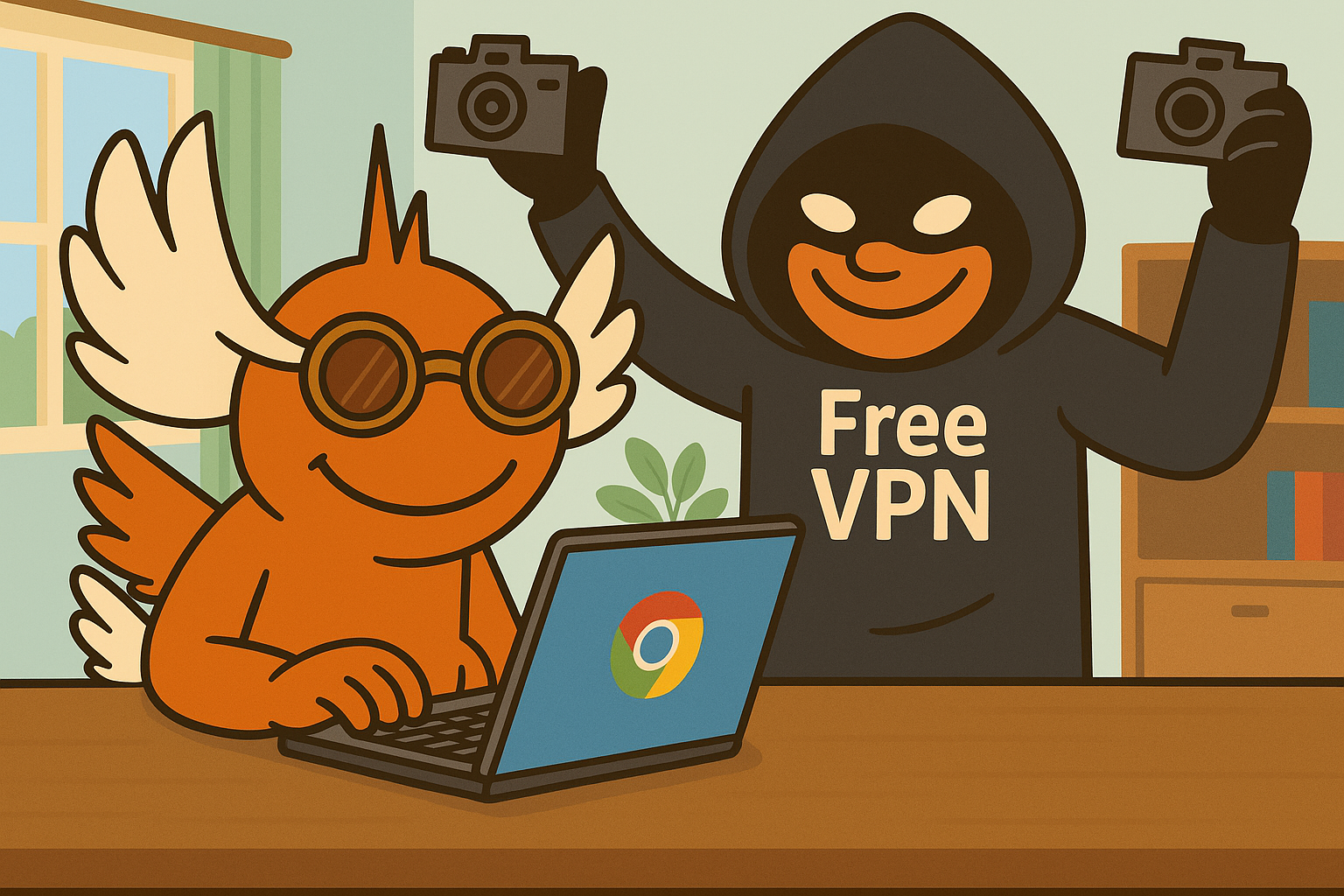- cross-posted to:
- technology@lemmy.world
- cross-posted to:
- technology@lemmy.world
Most people turn to a VPN for one reason: privacy. And with its verified badge, featured placement, and 100k+ installs, FreeVPN.One looked like a safe choice. But once it’s in your browser, it’s not working to keep you safe, it’s continuously watching you.



I think what makes “free” and a vpn contradictory is that the infrastructure required to provide a reliable, public vpn is expensive to buy, run and maintain. Even a non profit or other benevolent entity needs to at least cover its costs and that means some sort of income.
And if that income is not from a monetary usage fee there really must be some other catch, be it data harvesting, user side crypto mining, ad injection, or some other, similarly shady thing. Maybe it’s donations by some rich person, but that just puts the organization under their sway indirectly.
This is such a weird outlook that can apply to many many things, including the lemmy instances we are using to communicate this very exchange. I actually would like to see how you’re going to argue that these instances are different, or perhaps not different, in this case.
Running public VPN servers is easier (and cheaper) than you seem to think btw, as long as you don’t promise/guarantee very high speeds for tens of thousands of users.
I mean yeah, i could dig up my old computer and set it up as a vpn. That doesn’t make it helpful though, it is still in my name / using my home connection.
When i say vpn i mean a realistic alternative to existing offers, including a variety of locations and acceptable speeds, as well as the reasonable expectation that my data stays private as long as i don’t engage in wildly illegal activities.
Now for lemmy, the instances are either funded through donations such as the one i use, or are so small that the proprietors can afford to pay for running one themselves. A lemmy instance also doesn’t need to provide broadband speeds and global locations to its users.